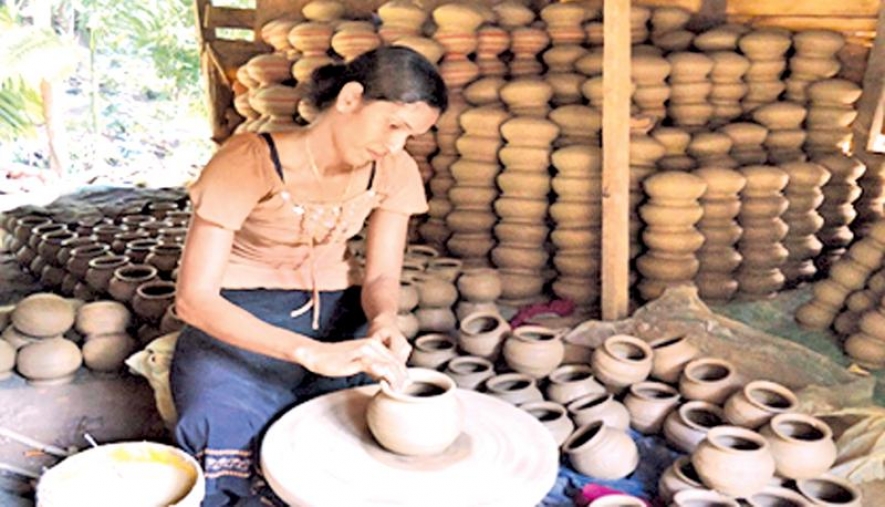“We want to make the Act mandatory so that the regulatory body would to be able to give directions that are legally binding to member firms. That will basically sort the numerous problems of indebtedness in the long term and also solve the complexities of multiple loans the poor are faced with right now,” Tittawella pointed out.
Following several unsuccessful attempts for over a decade to enact legislation to regulate unregulated institutions in the microfinance sector in Sri Lanka, the Sri Lankan Parliament finally enacted the Microfinance Act, No. 6 of 2016, on 15th July 2016. According to the Act, while licensed microfinance companies would be directly regulated by the Monetary Board of the Central Bank of Sri Lanka, the registration of Microfinance Non-Governmental organizations registered under the Voluntary Social Services Organizations (Registration and Supervision) Act, No. 31 of 1980 (VSSO Act) will be undertaken by the Registrar of Voluntary Social Service Organizations.
“I see the microfinance issues as a national tragedy and it needs to be addressed in several spheres and layers. I expect that the amendments to the Microfinance Act will be brought in before the Budget 2019 to be unveiled in November this year,” Finance Minister, Mangala Samaraweera said while explaining the newly announced relief program to write off loans for 75,000 women across 12 districts.
According to the programme, women who have taken loans of Rs. 100,000 or less and defaulted consecutively for three months on their repayments before 31st June 2018 will be eligible for this scheme. The Finance Ministry will begin releasing letters supporting the write-off to companies in September, the Minister announced. The progam covers the districts of Trincomalee, Ampara, Batticaloa, Jaffna, Mullaitivu, Kilinochchi, Vavuniya, Mannar, Kurunegala, Puttalam, Anuradhapura and Polonnaruwa.
At present, there are a variety of institutions providing microfinance in Sri Lanka, such as licensed banks, licensed finance companies, co-operative rural banks, thrift and credit co-operatives societies, Divineguma banks and other community based organizations, microfinance companies and non-governmental organizations.




















